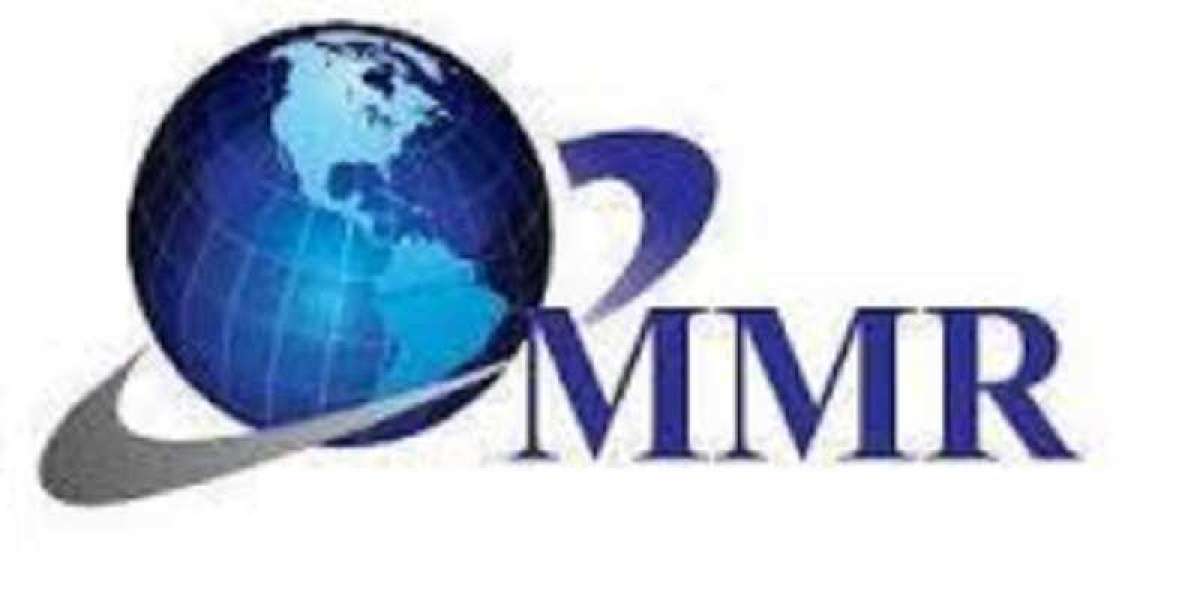In recent years, the proliferation of online scams has become a significant concern for individuals seeking legitimate opportunities in various industries. One such scam that has gained notoriety is the CNPR scam. CNPR, which stands for Certified National Pharmaceutical Representative, purportedly offers individuals the chance to enter the pharmaceutical sales industry through a certification program. However, upon closer examination, it becomes evident that CNPR is not what it claims to be, but rather a deceptive scheme preying on hopeful job seekers.
The allure of a career in pharmaceutical sales is understandable. It's a lucrative field with the potential for high earnings and career advancement. Consequently, many individuals are drawn to programs like CNPR that promise a shortcut to entering this competitive industry. However, the reality is far from what is advertised.
Firstly, the legitimacy of CNPR as a certification is dubious at best. Unlike recognized certifications offered by reputable institutions or industry associations, CNPR lacks accreditation from any recognized body within the pharmaceutical or medical sales industry. This absence of accreditation raises serious questions about the value and recognition of the certification among employers.
Furthermore, the CNPR program often requires individuals to pay hefty fees for enrollment. These fees can range from a few hundred to several thousand dollars, depending on the package or additional services offered. Such financial investments can be a significant burden for many aspiring pharmaceutical sales professionals, especially if the promised benefits turn out to be illusory.
Another red flag associated with the CNPR scam is the lack of credible endorsements or testimonials from industry professionals. Legitimate certification programs typically boast endorsements from industry experts or testimonials from successful graduates who have benefited from the program. In contrast, CNPR fails to provide any substantial evidence of its effectiveness or recognition within the pharmaceutical sales community.
Moreover, the CNPR program often promises guaranteed job placement or access to exclusive job listings upon completion. This guarantee preys on the desperation of job seekers and creates false hope for individuals struggling to break into the industry. In reality, legitimate pharmaceutical sales positions require more than just a certification; they demand relevant experience, skills, and a proven track record of success.
The CNPR scam also employs aggressive marketing tactics to lure unsuspecting individuals into its web. These tactics may include misleading advertisements, unsolicited emails, or exaggerated claims of earning potential. By capitalizing on individuals' aspirations and desires for a successful career, CNPR manipulates their emotions and exploits their vulnerabilities for financial gain.
Furthermore, many individuals who have fallen victim to the CNPR scam report feeling disillusioned and deceived. They often express regret over wasting time and money on a program that failed to deliver on its promises. Additionally, the stigma associated with being associated with a scam can tarnish one's reputation and credibility within the industry, making it even more challenging to secure legitimate employment opportunities.
In conclusion, the CNPR scam serves as a stark reminder of the dangers posed by deceptive schemes targeting job seekers. Aspiring pharmaceutical sales professionals must exercise caution and due diligence when considering certification programs or training courses. Instead of falling for quick-fix solutions or empty promises, individuals should focus on acquiring relevant skills, gaining industry experience, and building a strong network of contacts. By prioritizing authenticity and legitimacy, individuals can safeguard themselves against falling victim to scams like CNPR and pursue genuine opportunities for success in the pharmaceutical sales industry.



